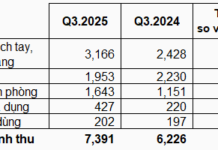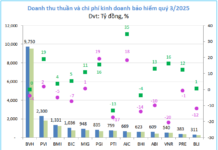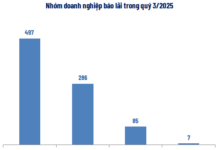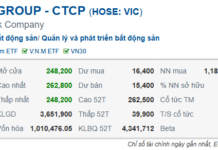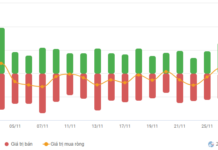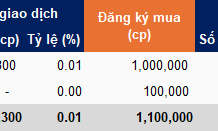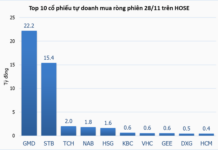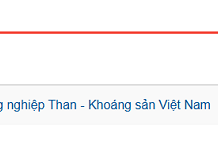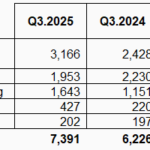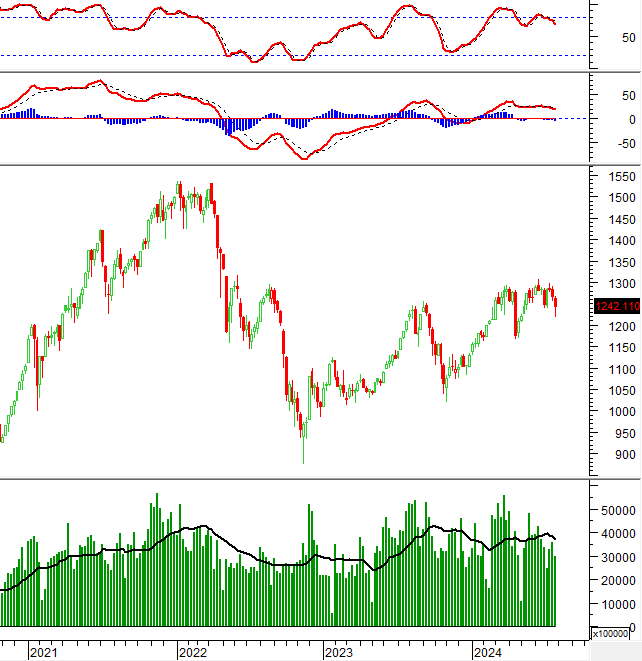
According to current regulations, online sellers are required to pay a 0.5% personal income tax and a 1% value-added tax on their revenue.
Recently, many online sellers, product promoters, and digital creators have taken the initiative to register their businesses and comply with tax obligations. Failure to do so can result in penalties and back tax claims. However, these entrepreneurs often lack clarity on the revenue thresholds and applicable tax rates for their online ventures.
Clarifying this matter, the General Department of Taxation states that individuals and households engaging in e-commerce activities, including those operating through online platforms, social media, or other e-commerce platforms, are subject to value-added tax (VAT) and personal income tax (PIT) if their annual revenue exceeds VND 100 million.
Specifically, online sellers are required to pay a PIT rate of 0.5% and a VAT rate of 1%. For those earning income from advertising on digital content and information services, the applicable PIT rate is 2%, and the VAT rate is 5%.
According to the tax authorities, online business operators are responsible for business registration, tax registration, and subsequent tax declarations and payments. They can choose to pay taxes either through the lump-sum method or by declaring and paying taxes for each transaction.
In cases where individuals or households authorize an e-commerce platform to act on their behalf, the platform operator is responsible for tax declarations and payments for these sellers. On the other hand, if an individual signs a business cooperation contract with an organization, the organization is obliged to declare and pay VAT on the total revenue. They are also responsible for declaring and paying PIT on behalf of the individual with whom they have a business cooperation agreement.
Finance Ministry rejects proposed revenue threshold for VAT payment at VND 300 million/year
The Ministry of Finance believes that raising the tax threshold will not incentivize households and individual businesses to transition into corporations, as this would result in the corporations having to pay value-added tax on their generated revenue.












